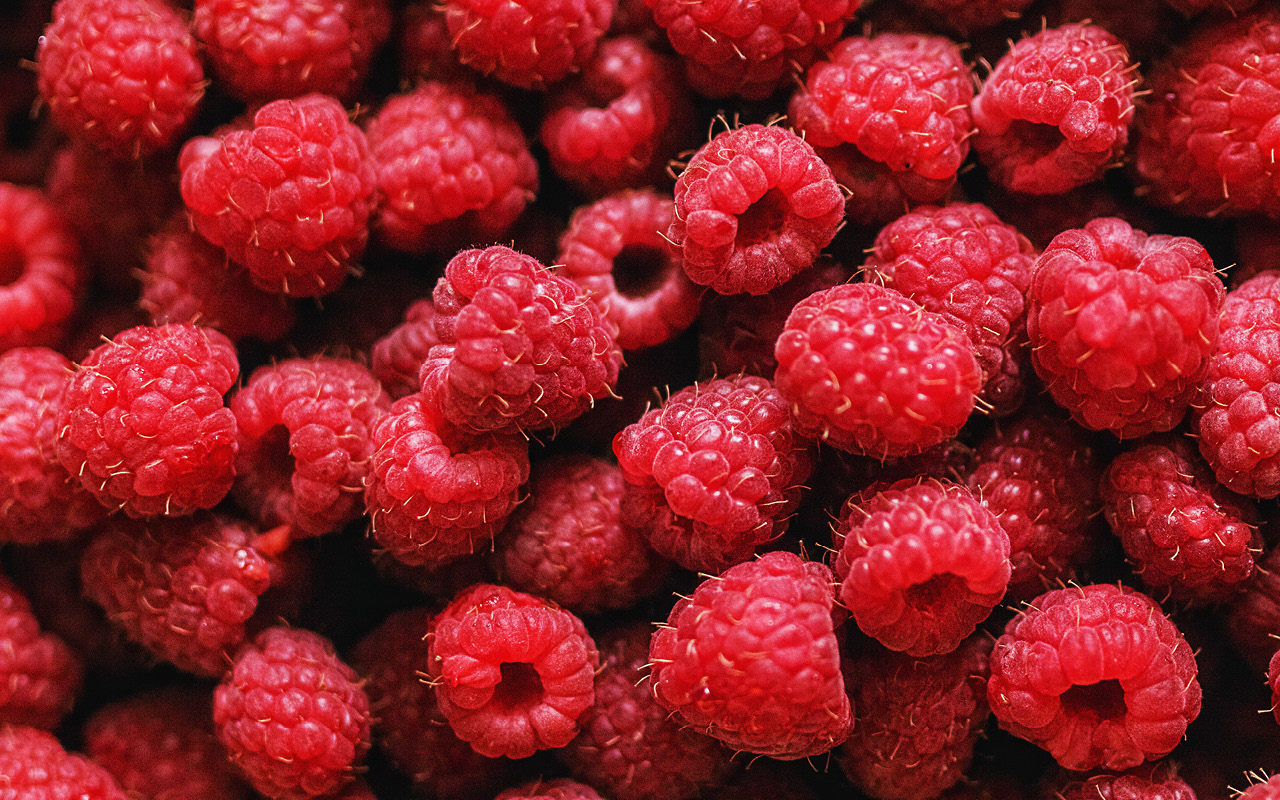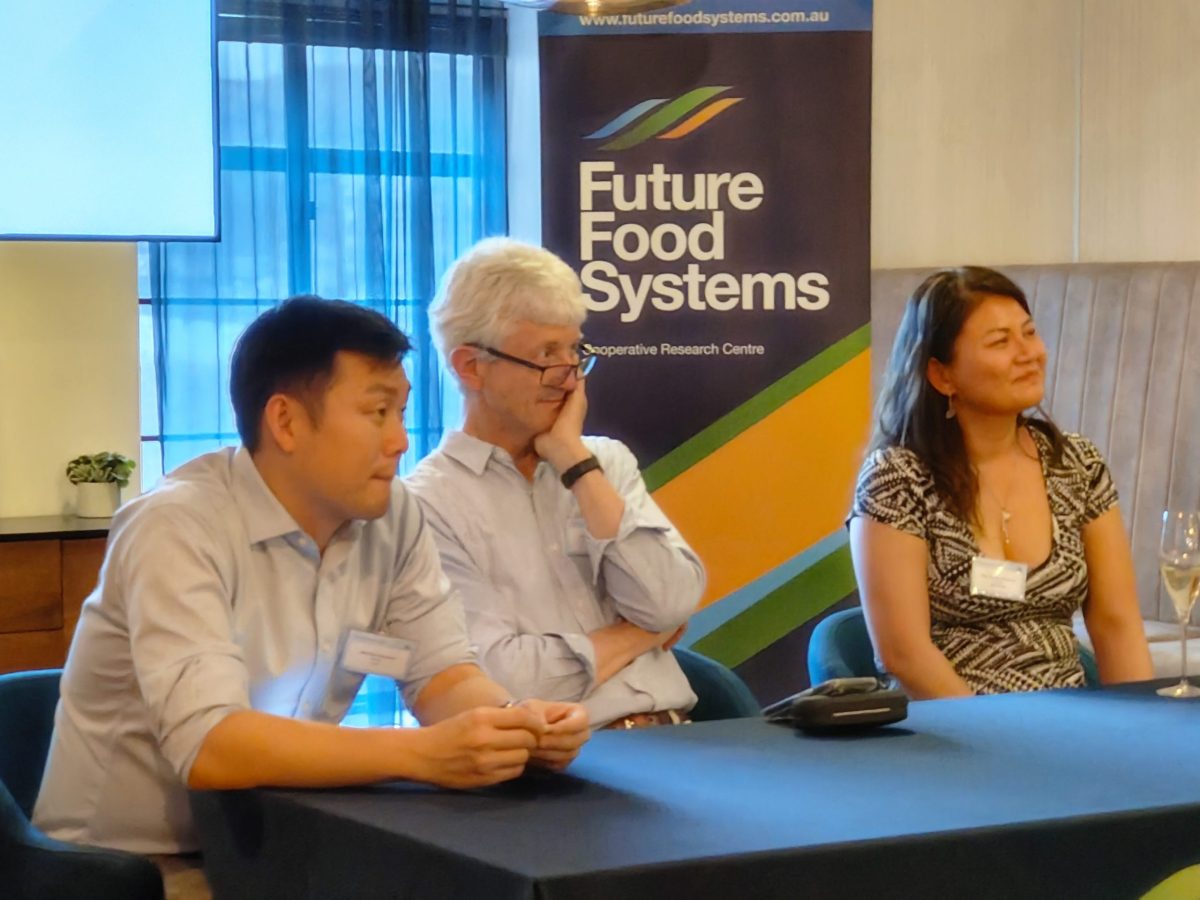Challenge Raspberry production in Australia has grown rapidly due to increased consumer demand, new cultivars, and the adoption of protective cropping systems such as glasshouses and polytunnels. However, these covers can elevate temperatures beyond optimal levels, particularly near Coffs Harbour, reducing fruit quality and yield. As raspberries are pollinator-dependent, and their reproduction is highly temperature-sensitive, growers suspect that poor pollination under hot conditions is a key limiting factor but the precise mechanisms remain unclear.
Solution This project aims to investigate how environmental factors affect key reproductive processes in raspberries, including pollen viability, pollen tube development, and stigma receptivity. By identifying the physiological thresholds that influence pollination success, the research will clarify the mechanisms behind reduced fruit quality under protective cropping conditions.
Impact The findings will provide raspberry growers with evidence-based insights to optimise crop environments and mitigate pollination-related losses. This will support more consistent fruit quality and yield, enabling growers to extend production seasons while maintaining market standards. More broadly, the project contributes to improved protected cropping practices for other pollinator-dependent crops.








